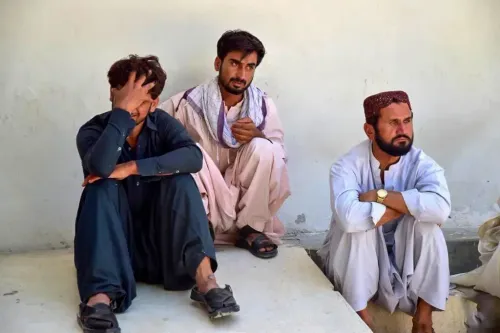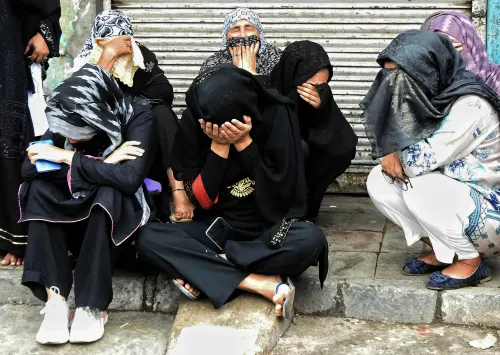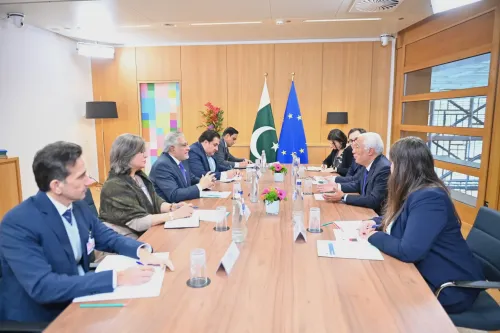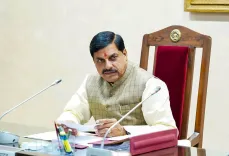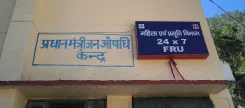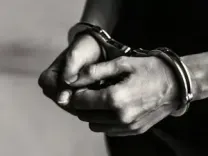Did Russia Shoot Down More Than 60 Ukrainian Drones Overnight?
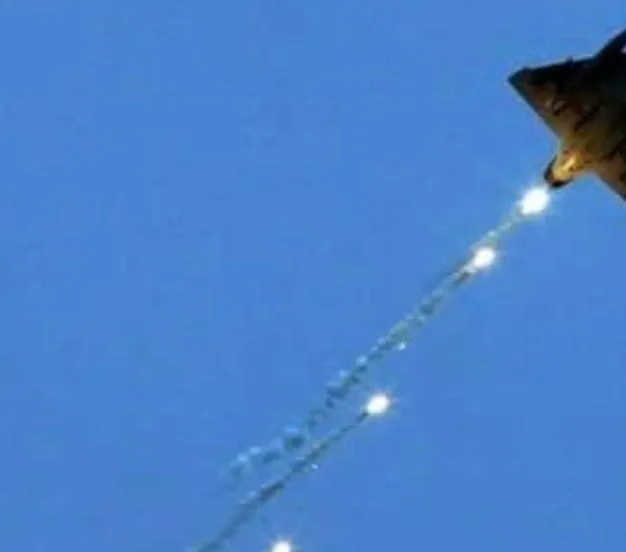
Synopsis
Key Takeaways
- Russia's air defenses intercepted 61 Ukrainian drones overnight.
- Regions affected include Oryol and Kursk.
- No casualties or damage reported from the interceptions.
- Russia insists on maintaining strategic advantage and will not agree to a ceasefire without conditions.
- Potential for direct negotiations to resume after June 22.
Moscow, June 20 (NationPress) The Russian Defence Ministry announced on Friday that its air defense systems successfully intercepted and eliminated 61 Ukrainian Unmanned Aerial Vehicles (UAVs) across various regions of Russia during the night.
According to the statement, "On-duty air defenses intercepted and destroyed 61 Ukrainian fixed-wing unmanned aerial vehicles between 8 PM and 7 AM, Moscow time. This includes 22 over the Oryol Region, 14 over the Kursk Region, seven over Belgorod, five over Voronezh, three over Volgograd, three over Rostov, three over Tula, three over Bryansk, and one over the Moscow Region."
Governor Alexander Gusev of the Voronezh Region reported on Telegram that the drones were taken down over the city of Voronezh and at the regional border, noting that there were no casualties or damage according to initial reports.
In addition, Bryansk Governor Alexander Bogomaz remarked that his area also suffered no casualties or damage, stating, "Response teams are currently on the ground," via Telegram.
Meanwhile, Kremlin Spokesman Dmitry Peskov told British news outlet Sky News that Russia has no intention of relinquishing its strategic advantage over Ukraine by agreeing to a ceasefire.
Peskov stated, "Now we have a strategic advantage. Why should we lose it? We are not going to lose it. We are moving forward. We're advancing and will continue to do so."
Russia has consistently maintained that it will only consider a ceasefire if Kyiv ceases to receive military assistance from foreign nations, as any pause in hostilities would provide Ukraine with an opportunity to regroup and rearm its forces.
Peskov emphasized Russia would not exploit a potential ceasefire, asserting, "A ceasefire is a ceasefire, and you stop."
On Thursday, President Vladimir Putin expressed willingness to meet with Ukrainian President Volodymyr Zelensky in a "final phase" of negotiations but questioned Zelensky's legitimacy.
"I am even ready to meet him (Zelensky) but only if it is some kind of final phase," he said during a press conference with international media in St. Petersburg.
Putin reiterated that Russia aims to conclude the war in Ukraine "as soon as possible," preferably through peaceful means, and is open to continuing negotiations, provided that Kyiv and its Western allies are willing to cooperate.
He added that he is ready to engage with Zelensky, stating, "Russia does not care who represents Ukraine in negotiations, but insists that any final agreement must be signed by legitimate authorities."
Putin indicated that both Russian and Ukrainian negotiators are prepared to resume direct discussions after June 22, stating, "I am ready to meet with anyone, including Zelensky. That is not the issue. If Ukraine trusts him to negotiate, let it be Zelensky. The real question is: who will sign any resulting documents? We are not dealing with propaganda here; when it comes to serious matters, legal legitimacy is what truly matters," he added.
Putin further stated that if a peaceful resolution is not achieved, Russia will pursue its objectives in Ukraine through military means.
"Undoubtedly, if we fail to reach an agreement through peaceful negotiations, we will accomplish our goals by military means," he asserted.
He reiterated that the goal of Russia's special military operation is the demilitarization of Ukraine, removing its capacity to maintain military forces that could pose a threat to Russia.

